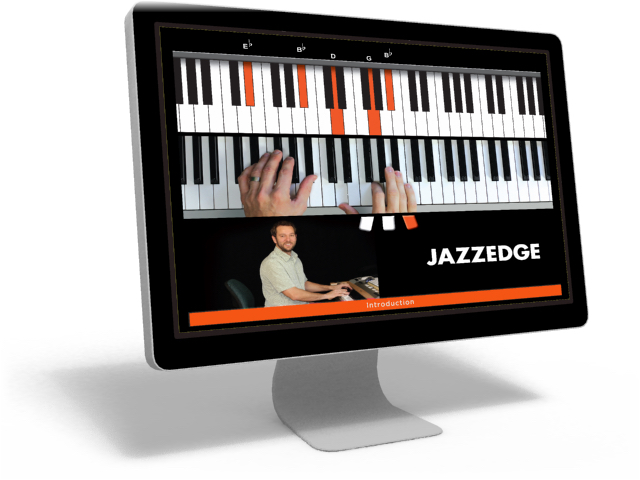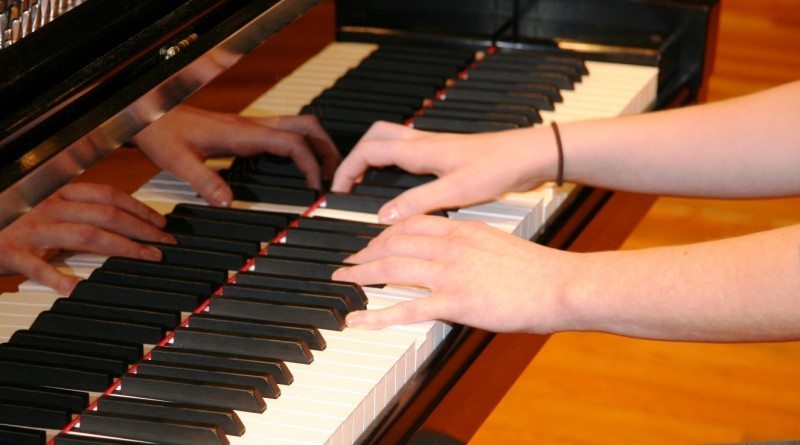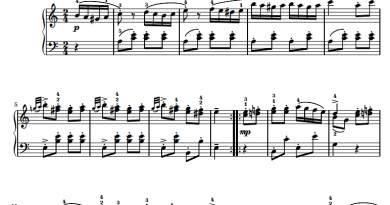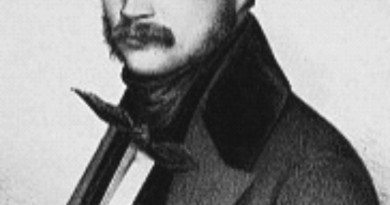How to practice and study piano
In this direction have already been given on the very first pages of this hook. We will now add a few lines on the are subject.
- Play your five-finger exercises and scales every day; play them, even if you cannot spend the time to practice your piece.
- Review faithfully, do not forget your old lessons. Schumann, a great musician, said: “Always play as if a master were listening to you.”
- The mere playing over of a lesson does not deserve to be called practicing. There are generally difficult as well as easy parts in each piece. Devote especial attention to the first. Practice these difficult parts thoroughly, and then play your piece through. There are no economy in playing a whole piece through each time you practice, unless you can play everything in it alike well. Play one hand at a time, read the notes carefully. Then play slowly with both hands, and continue this until you are thoroughly familiar with the piece, then you may play faster. No matter how well you can play a piece, never hasten, and never play faster than the composer desired his piece should be played. Hastening produces a slovenly way of playing ; avoid it, therefore.


Looking for Piano Direction?
With your FREE Jazzedge Academy account you can access all of our Piano Blueprints and our exclusive 30-Day Piano Playbook. This includes sheet music and backing tracks.
No credit card or payment required. Just great free jazz and blues lessons.
Piano studying and practice
- Study the fingering well. Remember that good fingering makes a piece easier, bad fingering makes it more difficult to play. Bad habits in fingering are difficult to correct; avoid them therefore.
- Be sure you keep correct time. Never simply guess at it, but try to understand the time divisions, especially those that are complicated. Never play in a slip-shod way. Count aloud for yourself, especially in difficult passages. If the time is too complicated for you to understand at a glance, take paper and pencil to hand and cipher the tune out by adding
the fractions represented by the notes. - Persevere until yon have overcome all difficulties. Strive for perfection. la perseverance alone is success to be found
- Having overcome all technical difficulties, endeavor to play with correct expression. Study the meaning of the piece, stimulate your imagination, and try to give as correct an interpretation as you can.
- Do not waste your time in practicing every pretty piece you hear. You cannot spend your time in playing over pieces and study your lessons at the same time. Attend to your lesson, and you have enough to do.
Tips about how to practice piano
- Aim to bring the melody out, subdue the accompaniment, no matter whether it lies in the right or in the left hand. Do not use the pedal until all technical difficulties have been overcome.
- Diligently review 5 our old lessons. What you have acquired by hard labor you should not carelessly neglect.
- Be always patient, always diligent. Do your duty from lesson to lesson and leave the results to your teacher.
- Be not discouraged when difficulties present themselves, or when meeting with persons that play better than you do. Bear in mind that others have overcome technical difficulties, so can you overcome them. Make your motto: “Without labor, no success.”




